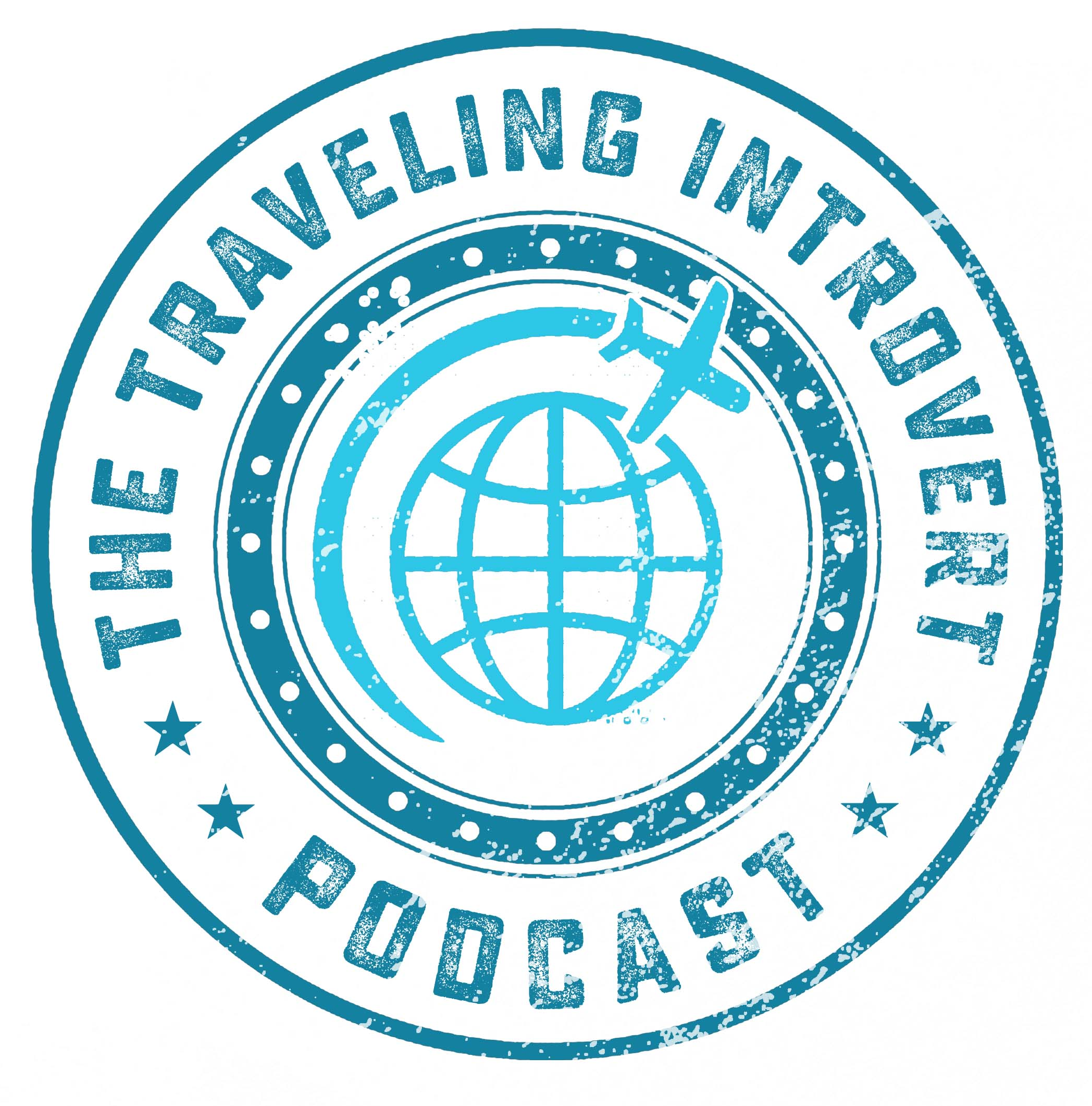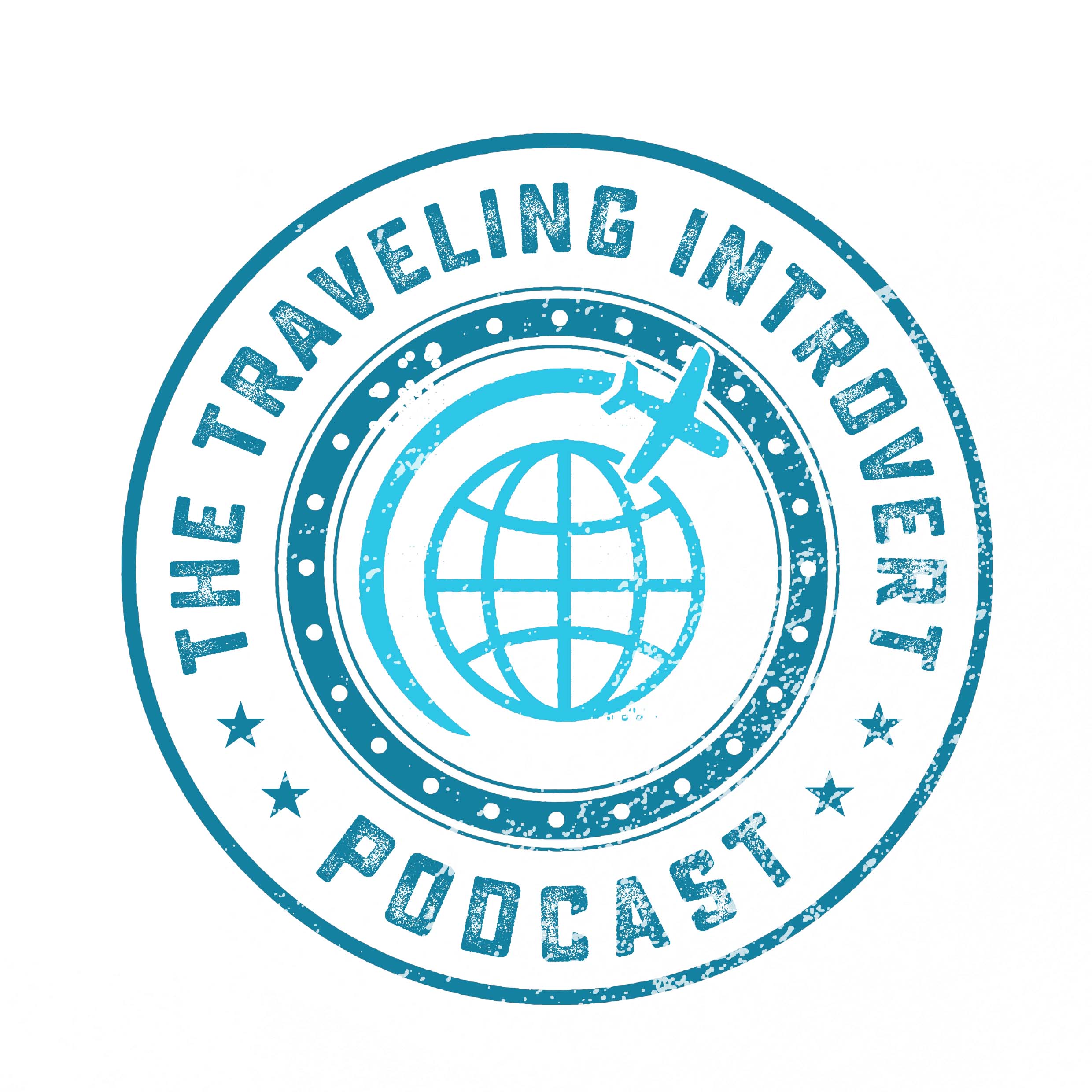Episode 381
Effective Categorization for Clarity and Focus
How to Get Out of Overwhelm: "Think about all the things on your plate, sort of all the things you're thinking about, things in the back of your head, what you have to order, dinner, things you have to take care of, appointments you need to make, as well as the work and the tasks that you have to do just to sort of have your job or to keep your career going or to keep your company going."
— Janice Chaka [00:00:51 → 00:01:10]
The Importance of Categorizing Tasks for Mental Health: "When you can categorize your tasks, it can provide clarity."
— Janice Chaka [00:02:03 → 00:02:07]
**Boosting Productivity for Introverts**: "List everything, all your tasks and responsibilities, go ahead and categorize them, evaluate them on the importance and urgency and length of each task, and then prioritize which task to focus on, delegate, and or eliminate."
— Janice Chaka [00:04:43 → 00:04:55]
How to Handle Being Overwhelmed: "Isn't it a great thing for you to do to stop you feeling overwhelmed?"
— Janice Chaka [00:04:56 → 00:04:59]
Transcript
Janice Chaka:
Hello and welcome to the traveling introvert. Today I would love to talk about your plate, but more importantly than your plate per se, sort of ways or a thought process on how to get out of overwhelm and prioritize what to do next. So when I talk about your plate, and I've used this with clients of mine, it's sort of like one person was very much like, I am at, like, a is it a subway plate? Or is it a Cheesecake Factory plate? Or is it a cheese plate? Like, there are a few things wrong on your plate, but here's another way of looking at it. So when I say plate, I want you to think of in terms of tasks and responsibilities. And so, you know, take a second. Just think about all the things on your plate, sort of all the things you're thinking about, things in the back of your head, what you have to order, dinner, things you have to take care of, appointments you need to make, as well as the work and the tasks that you have to do just to sort of have your job or to keep your career going or to keep your company going. And then think about what the types of tasks that are because generally tasks fall into categories and they tend to be what you need to do, things that are essential, nonnegotiable, like feed yourself, things that you want to do that are personal desires, goals, operational stuff, things that someone else wants you to do, that could be external demands and expectations. And then the part that generally gets missed out the most is things that nourish you.
Janice Chaka:
Activities and tasks that recharge and energize you. And so why does categorization matter? Well, here's the thing. When you can categorize your tasks, it can provide clarity. You might think that you're doing a lot of stuff that you need to do, but then when you look at the list, you'll discover that, oh, maybe it's stuff that I just want to do or stuff that somebody else is demanding from me. Or you might find that you have a plate full of nourishment. It really does depend. But knowing and categorizing these tasks will help provide clarity to you as to what percentage of your plate is taken up by these various types of tasks. And then there's the impact of having a overly cluttered plate with not enough nourishment and too much stuff from other people, what that can do to your mental and emotional health.
Janice Chaka:
So if you're always just doing things for other people and maybe not getting anything in return, this is gonna make you feel resentful, tired, wondering why you're doing this apart from the money. And so thinking about that and what the consequences could be of poor prioritization for yourself will really help you sort of narrow down things that you need to do and things that maybe you could delegate or automate so that you're not doing it yourself. And now here's the thing. Once you go ahead and sort of look at your plate and how full it may or may not be, also take a look at not just sort of the of need to do, want to do, someone else wants you to do, and nourishes, but are these things all short term activities or are they mid and long term activities? When do you get the payoff for doing these activities? Because there's nothing worse than working on say, 10 long term projects or tasks, and then you're not feeling any sense of accomplishment. So, also, when you're looking at categorizing the task, think about, is it short, medium, or long term? Also, how long these tasks can take? You can have a task that is a short term task, but it's gonna take you 8 hours to do. So thinking about these different categorizations and how you can slice and dice the data of what you have on your plate will help you make better decisions, which, of course, will lead to improved focus and productivity and will help you feel less stressed and overwhelmed because you will probably know that you are doing stuff to nourish yourself and stuff that you need to do over all the other things. And this helps you make informed decisions about your time and most importantly for us introverts, an an energy allocation. So once again, list everything, all your tasks and responsibilities, go ahead and categorize them, evaluate them on the importance and urgency and length of each task, and then prioritize which task to focus on, delegate, and or eliminate.
Janice Chaka:
Isn't it a great thing for you to do to stop you feeling overwhelmed? Thank you for listening. This is Janice at The Career Intrepid helping you build your brand and get hired. Have a great rest of your week.



